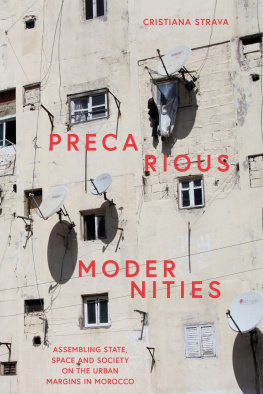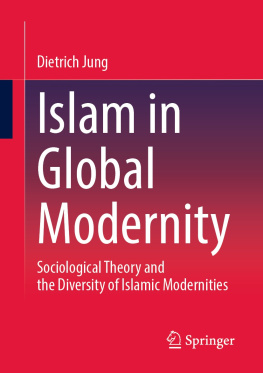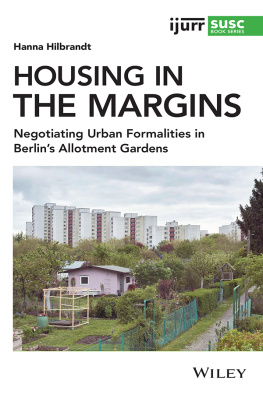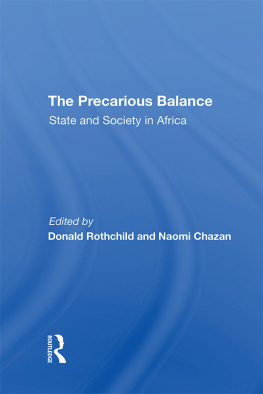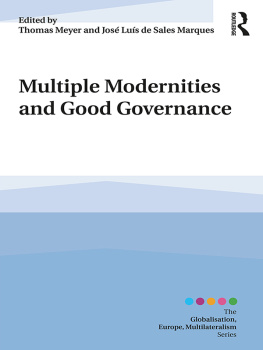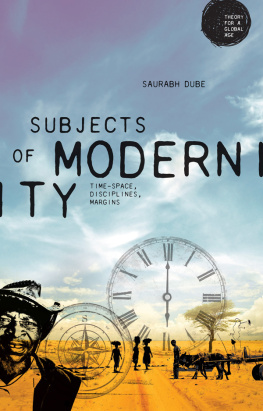Cristiana Strava - Precarious Modernities: Assembling State, Space and Society on the Urban Margins in Morocco
Here you can read online Cristiana Strava - Precarious Modernities: Assembling State, Space and Society on the Urban Margins in Morocco full text of the book (entire story) in english for free. Download pdf and epub, get meaning, cover and reviews about this ebook. year: 2021, publisher: Zed Books, genre: Politics. Description of the work, (preface) as well as reviews are available. Best literature library LitArk.com created for fans of good reading and offers a wide selection of genres:
Romance novel
Science fiction
Adventure
Detective
Science
History
Home and family
Prose
Art
Politics
Computer
Non-fiction
Religion
Business
Children
Humor
Choose a favorite category and find really read worthwhile books. Enjoy immersion in the world of imagination, feel the emotions of the characters or learn something new for yourself, make an fascinating discovery.
- Book:Precarious Modernities: Assembling State, Space and Society on the Urban Margins in Morocco
- Author:
- Publisher:Zed Books
- Genre:
- Year:2021
- Rating:5 / 5
- Favourites:Add to favourites
- Your mark:
- 100
- 1
- 2
- 3
- 4
- 5
Precarious Modernities: Assembling State, Space and Society on the Urban Margins in Morocco: summary, description and annotation
We offer to read an annotation, description, summary or preface (depends on what the author of the book "Precarious Modernities: Assembling State, Space and Society on the Urban Margins in Morocco" wrote himself). If you haven't found the necessary information about the book — write in the comments, we will try to find it.
Cristiana Strava: author's other books
Who wrote Precarious Modernities: Assembling State, Space and Society on the Urban Margins in Morocco? Find out the surname, the name of the author of the book and a list of all author's works by series.
Precarious Modernities: Assembling State, Space and Society on the Urban Margins in Morocco — read online for free the complete book (whole text) full work
Below is the text of the book, divided by pages. System saving the place of the last page read, allows you to conveniently read the book "Precarious Modernities: Assembling State, Space and Society on the Urban Margins in Morocco" online for free, without having to search again every time where you left off. Put a bookmark, and you can go to the page where you finished reading at any time.
Font size:
Interval:
Bookmark:

The cochard housing grid |
Archival image of colonial-era housing |
View of the same social housing unit, with appropriations and adaptations |
Commemorative map unfolded (front and reverse) |
Hay Mohammadi gameboard laid out before the event |
Event banner reads: Hay Mohammadi: A Playful History. Play and discover Hay Mohammadi |
Saras geometrical rendition |
The real Hay Mohammadi, two-page spread by Asma |
Dar Lamane by Adil |
Fatna El Bouihs future-oriented mapping |
Promotional rendering of new Casablanca megaprojects |
Real-estate ads collected by Amina |
New tramway crossing a low-income neighbourhood |

Font size:
Interval:
Bookmark:
Similar books «Precarious Modernities: Assembling State, Space and Society on the Urban Margins in Morocco»
Look at similar books to Precarious Modernities: Assembling State, Space and Society on the Urban Margins in Morocco. We have selected literature similar in name and meaning in the hope of providing readers with more options to find new, interesting, not yet read works.
Discussion, reviews of the book Precarious Modernities: Assembling State, Space and Society on the Urban Margins in Morocco and just readers' own opinions. Leave your comments, write what you think about the work, its meaning or the main characters. Specify what exactly you liked and what you didn't like, and why you think so.

